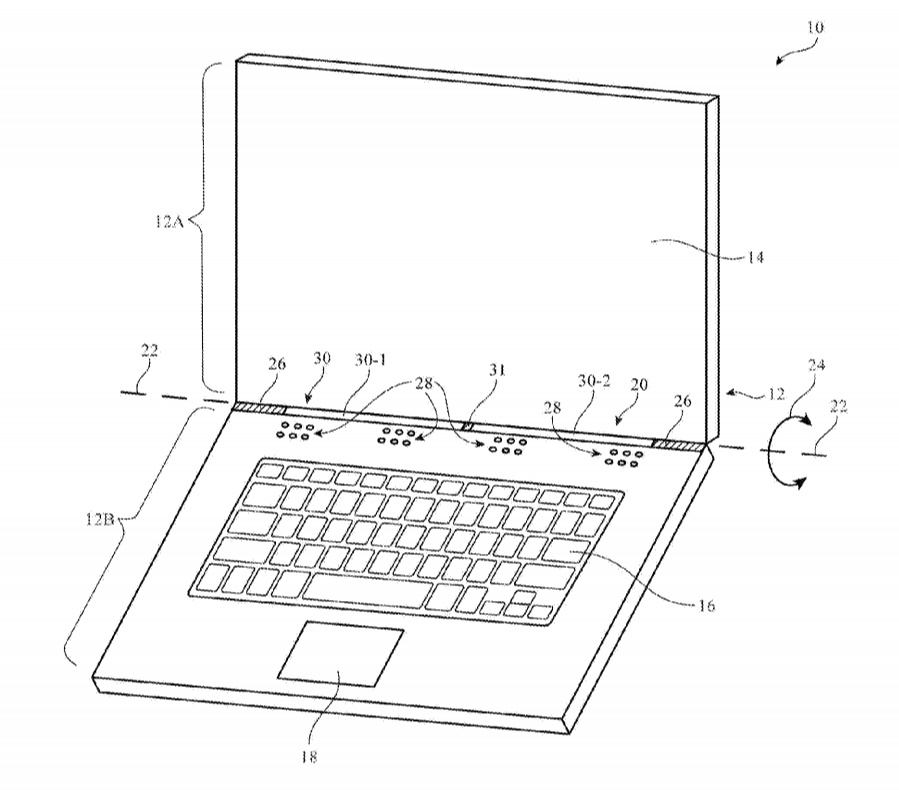A Cellular MacBook is one rumor that won’t go away

Back in May of this year, rumors of a possible MacBook Pro refresh, featuring built-in LTE connectivity, surfaced amidst the discovery of a patent filed by Apple.
There wouldn’t be much stock to put into this story if it weren’t for Apple’s previous attempt at building a working prototype of a cellular MacBook in 2007, which was purchased on eBay.
That project was abandoned as Apple focused its efforts on other aspects of the MacBook, but it seems that Apple has renewed its focus on adding cellular connectivity to MacBooks according to a new patent titled “Electronic Device with Isolated Cavity Antennas”, whose first claim goes as follows:
“...A portable computer, comprising: a metal housing having an upper housing portion that contains a display and having a lower housing portion, wherein the upper and lower housing portions are separated by a slot-shaped opening; first and second hinges at opposing ends of the slot-shaped opening that connect the upper housing portion to the lower housing portion; and at least one cavity antenna in the lower housing portion that is aligned with at least a portion of the slot-shaped opening, wherein the cavity antenna includes antenna traces on a dielectric support structure. ...”
The possibility of cellular MacBooks is more realistic than before, especially considering that Apple has shown in recent times a pattern in which prolonged focus on a certain technology or feature, most often in the form of patent acquisitions, has lead to the integration of such technologies. The 12 inch MacBook Retina and the iPad Pro are proof of this theory.
Enabling MacBooks to make phone calls and connect to the Internet using cellular data could very well become a thing, especially as security becomes an increasing concern among consumers using public Wi-Fi hotspots.
This latter concept has the potential to become a selling point, should Apple decide to integrate cellular transceivers into future MacBooks. It’s also possible that applications like iMessage and FaceTime will get an overhaul that will enable these apps to interact with regular phone numbers, in a similar fashion as Skype, but without the need for VoIP.
While this seems like a great bandwagon to jump on for cellular data carriers, Apple isn’t likely to build any more devices tied to one particular carrier, and rumor has it of an Apple SIM card, which will provide Apple users to connect to any carrier they want.
Ready to shop?
If you are looking for the perfect MacBook, PortableOne has you covered with a great selection of Apple MacBooks, as well as expert support.